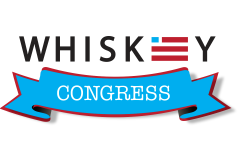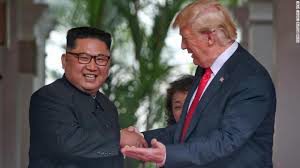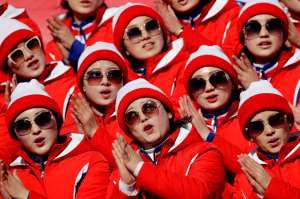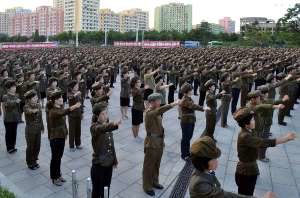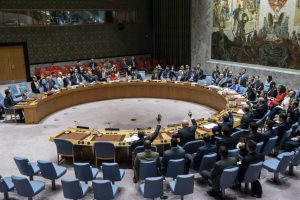
More Sanctions for North Korea
Over the weekend the UN Security Council imposed additional sanctions against North Korea. The objective of these sanctions is to cut off resources to the region and eventually force the North Korean leadership to reevaluate their options in terms of their Nuclear Weapons Program.
North Korea over the summer fired multiple missiles off of its shores in the general direction of the United States and other members of the UN Security Council. The sanctions imposed will definitely have a negative impact on the North Korean economy, but does it actually force Kim Jong Un to back off developing a nuclear weapons arsenal, or does it only force him to dig in deeper?
Currently the UN Security Council and the United States are trying to use rational thought to deal with an irrational man, sanctions will not be enough. The article below speaks directly to what steps the UNSC and the US should be taking to advance talks with North Korea to deescalate and eventually disarm North Korea.
On August 5, 2017, the UN Security Council (UNSC) adopted Resolution 2371, imposing a new round of sanctions against North Korea. This resolution was specifically triggered by North Korea’s two July tests of its Hwasong-14 intercontinental ballistic missile (ICBM); but more generally, the resolution is a product of a longstanding approach by the United States and UNSC members to use sanctions as a means of convincing North Korea to halt its nuclear and missile activities.
As I discussed in a June 21 commentary, it is an open question whether anything can convince North Korea to discontinue these activities, given the investment and value North Korean leaders clearly see in these capabilities. But, as I suggested, to be successful, sanctions need to be paired with a credible negotiating effort. Unfortunately, UNSCR 2371 seems more likely to delay the development of just such a strategy. Although the new measures may increase pressure on North Korea, the resolution itself may prove to be counterproductive.
UNSCR 2371, Unpacked
Before considering the place of UNSCR 2371 in the broader context of US strategy, it is worth examining the specific provisions of the resolution. Broadly put, the operative provisions of the resolution would:
A fact sheet released by the US Mission to the United Nations (USUN) notes that the cumulative effect of these sanctions would be to deny North Korea “over $1 billion per year of hard currency” and that, in the context of an estimated $3 billion annual export revenue stream, North Korea would find its ability to fund its illicit activities sharply impinged. It is unclear whether the State Department’s estimates take into account the decision China took in the spring to discontinue coal imports, which probably made getting China’s vote to support UNSCR 2371 a bit easier but also lowered the specific damage wrought by this resolution. By the Mission’s own accounting, excluding coal from the analysis drops the particular value of this resolution to less than $700 million in lost annual revenue.
Steve
Steve is an affordable multifamily housing professional that is also the co-founder of Whiskey Congress. Steve has written for national publications such as The National Marijuana News and other outlets as a guest blogger on topics covering sports, politics, and cannabis. Steve loves whiskey, cigars, and uses powerlifting as an outlet to deal with the fact that no one listens to his brilliant ideas.
